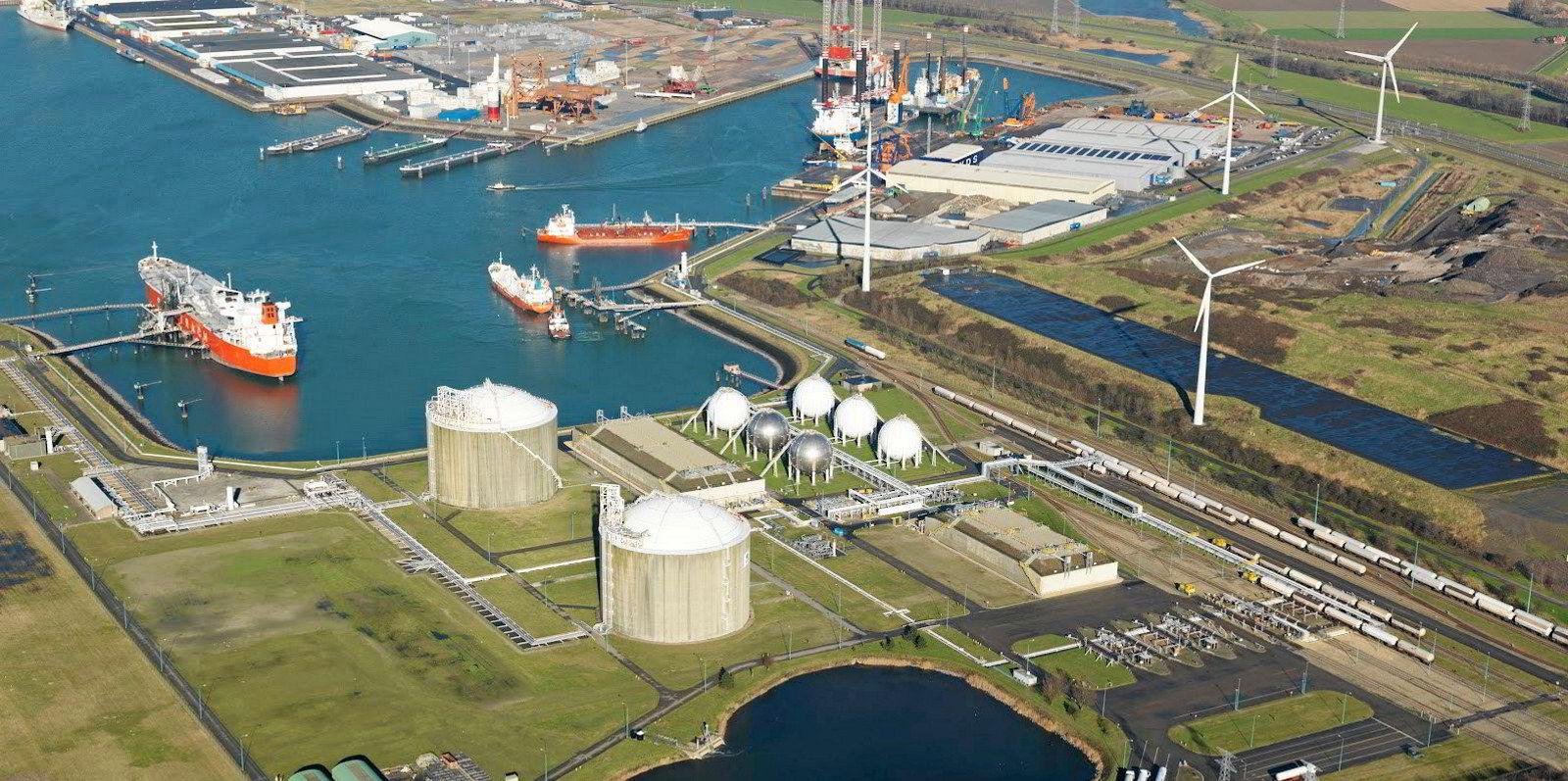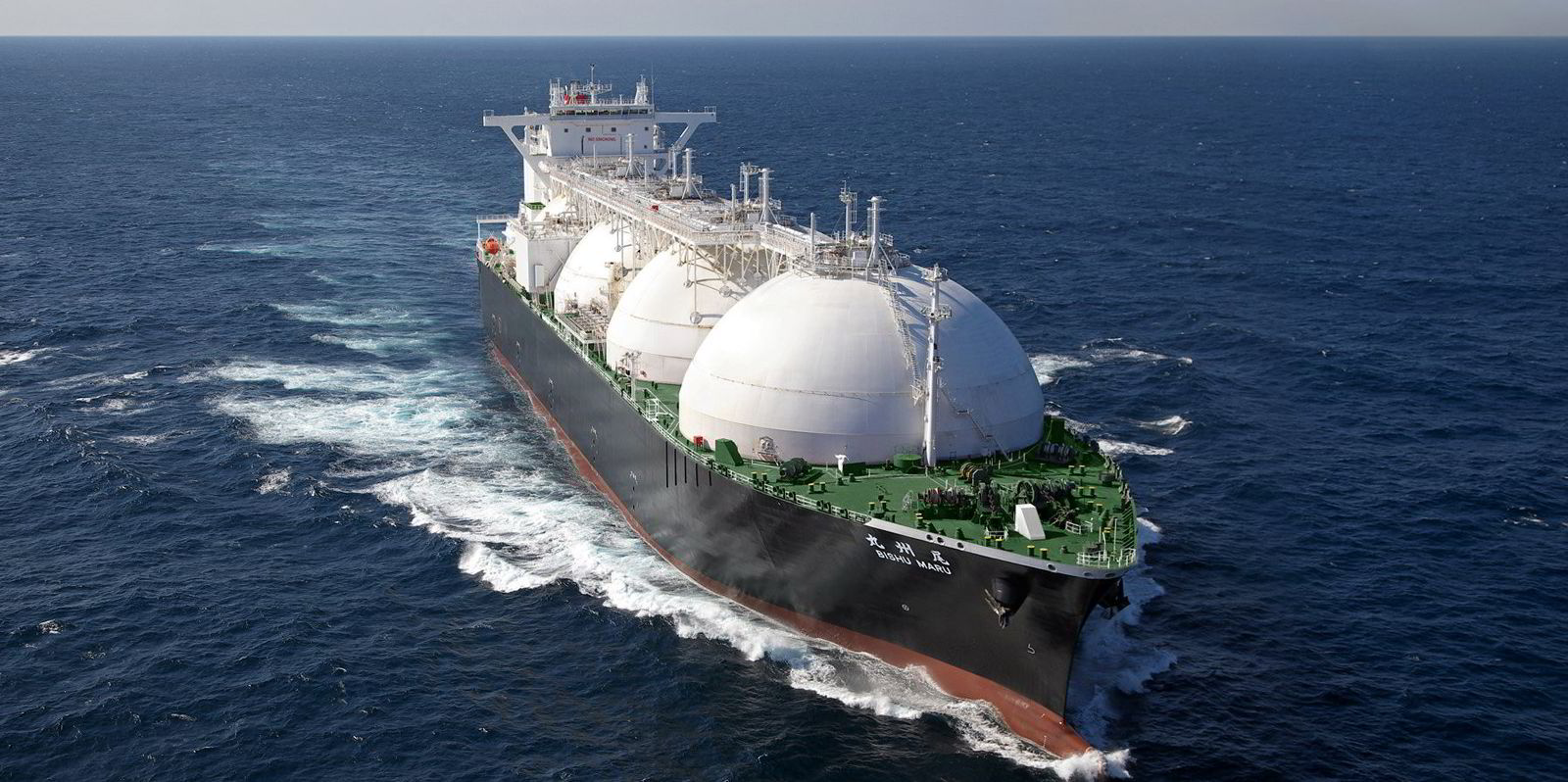Dutch terminals company Vopak is stepping up its LNG operations in Europe with two new deals.
The Rotterdam-based group said it has agreed to buy 50% of a new import facility owned by domestic gas company Gasunie.
Vopak will invest in EemsEnergyTerminal (EET), a floating gas facility in Eemshaven developed in response to gas supply insecurities and a desire to be less dependent on Russian gas.
It has been operational since September 2022 and has a regas capacity of 8bn cbm per year.
The partners will explore increasing the capacity further, Vopak added.
“This agreement highlights the commitment of Gasunie and Vopak to jointly develop and operate open-access LNG infrastructure in the Netherlands and contribute to the energy security of Europe,” Vopak said.
The partners are also planning the further development of the Eemshaven site to facilitate the import of green hydrogen.
Ulco Vermeulen, director business development at Gasunie, said: “By pooling our knowledge and experience we will offer a unique and reliable LNG import solution and we will be even better positioned and committed to the future development of green hydrogen import infrastructure.”
Vopak and Gasunie are the founders and owners of the Gate terminal in Rotterdam, which has been operational since 2011.
The site has a regas capacity of 16bn cbm per year.
A new tank
Vopak said on Tuesday it is planning to add a fourth tank to boost this to 20bn cbm, with a final investment decision due by September.
These two equity investments are expected to total €100m ($109m) and will result in attractive operating cash returns, it added.
In February, Vopak bought a mothballed Gunvor refinery, storage and terminal site at the port of Antwerp in Belgium with a view to shipping out green fuels.
The company said it acquired the shares in Gunvor Petroleum Antwerp (GPA) from the trading giant.
The month before, Vopak said it was teaming up with Hydrogenious LOHC Technologies to set up a hydrogen transport chain using fossil fuel infrastructure.
The new equally-owned German joint venture, LOHC Logistix, will store and ship the green fuel using liquid organic hydrogen carrier (LOHC) technology.
The move was described as a major step to push forward LOHC market solutions and large-scale pilot projects.




